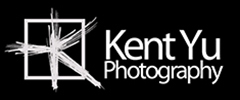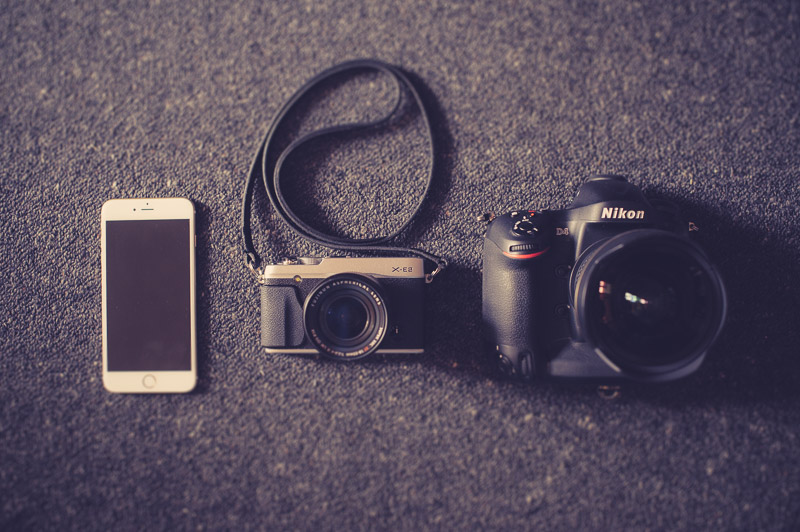If you like this post, help us share it
When it comes to choosing the right camera there are three “P”’s that you need to know.
1. Price – Dictates what cameras are within your budget.
Price is an important factor, we are bound by how much we can spend. Compact cameras are lowest in price while mirrorless and DSLR has a wide range of models ranging from $700-$9000. Knowing how much you can spend will help you find the right camera without overspend.
2. Portability – Determines your tolerance to the size of the camera.
Compact cameras are small but do not allow interchangeable lenses. Mirrorless and DSLR have the ability to interchange lenses but are generally larger in size.
3. Purpose – What you intend to use the camera for.
Knowing your photography needs help you to select a camera that fits for the purpose. A travel camera is quite different to one that shoots sports and wild life. It is important to understand the limitation of each camera and see if it suits your photography needs.
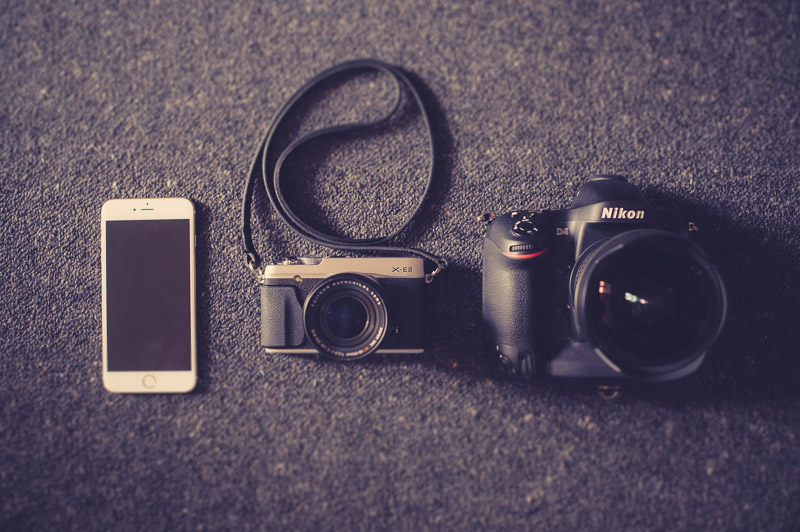
Compact Camera
Compact camera as its name suggests is compact in size but that also means the sensor is small too. This limits the image quality and depth of field (DoF) of what you can achieve. It used to be a popular choice of camera before the time of smartphones, mirrorless and DSLRs. The decreasing demand in compact cameras is driven by the sophisticated smartphones which are continuously improving their camera technology and connectivity with social networks, as well as the increasing mirrorless market. The image quality from smartphones is so much better now and the fact that they are inherently wifi/4g enable which makes them the best cameras if you need connectivity. Personally, my choice of compact camera is the iPhone. It has awesome features from panorama, HDR, image stabilisation and photo edit apps all in a single device. It is hard to beat.
Pros – Compact, Relatively easy to use, Reasonable image quality at ISO 100
Cons – Poor image quality at higher ISO (even at ISO 200), very wide depth of field
Recommendation – Canon G16, Panasonic LX7, Sony RX100, Fujifilm XQ2
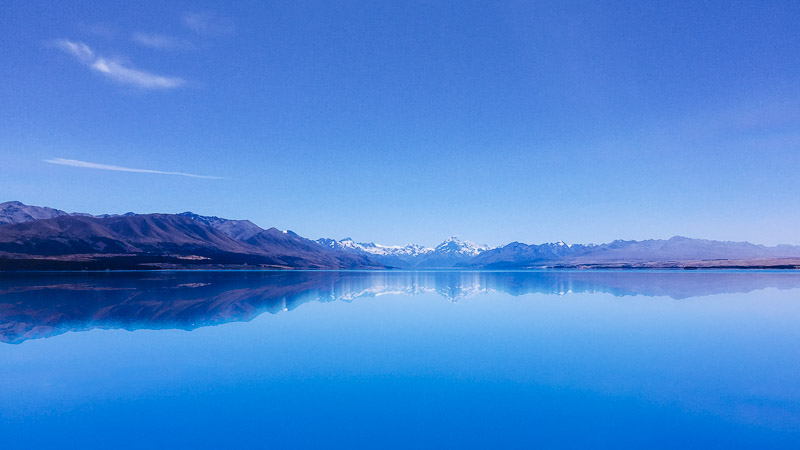
Mount Cook, New Zealand. Image by iPhone 6+
Mirrorless Camera
Mirrorless cameras have had tremendous improvements over the last few years. Their ergonomic design, image quality, camera features and even lens choices have vastly improved. The full line up of mirrorless cameras is as good a the DSLR’s. Mirrorless camera also as its name suggests does not have a mirror inside. This allows the camera and its lenses to be much smaller and lighter. Despite the smaller size, the sensor used in the camera is kept to be the same as DSLR, so the image quality is preserved. Almost all mirrorless cameras have built in Wifi, connectivity with mobile apps which makes them even more popular. Its mirrorless design also means it is easier to implement faster burst rate (fps). There are so much design prosperous in mirrorless that makes them better than DSLR. Personally, I would forget about entry level DSLR, go for a mirrorless camera instead.
Pros – Small compare to DSLR, Image quality is as good as DSLR, Offers more features, Vast amount of lens choices
Cons – Smaller body leads to smaller buttons, No OVF, Response still lacks behind DSLR
Recommendation – Panasonic GF5, Fujifilm X100S, Fujifilm X-E2, Fujifilm X-T1, Sony A6000, Sony A7 II, Olympus E-M1
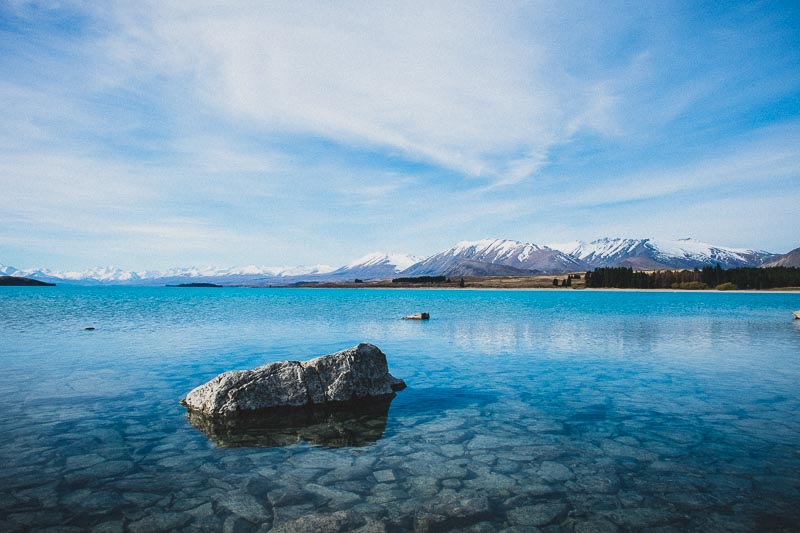
Lake Tekapo, New Zealand. Image by Fujifilm mirrorless camera

Upper South Island, New Zealand. Image by Fujifilm mirrorless camera
DSLR
Despite mirrorless cameras being so popular, there is still a market for DSLR. Entry–level DSLR will be partially replaced by mirrorless consumers and those who are looking for DSLRs will be more focused on the professional aspects of the camera. Mirrorless cameras in here to stay but will never be able to replace DSLR completely, DSLR still has its place at the professional level where its robustness, super fast response and ergonomic design shine. My thought towards DSLR is that if you are working professionally in photography, there is no replacement to DSLRs. As well as for those that are serious about photography, your choice should also be a DSLR. Others who are considered as travel photographers, social photographers or hobbyist may explore mirrorless cameras as an option.
Pros – Robust and weather seal body, super fast response, superior image quality, best ergonomic design
Cons – bigger in size and weight
Recommendation – Canon 7D mark II, Canon 5D mark III, Nikon D750, Nikon D7200, Nikon D810

Church of the Good Shepard, New Zealand. Image by Nikon DSLR
Where can I find the equipment seen on this site?
If you find this site useful and planning to purchase any of the equipment seen on this site, please show your support by purchasing your photo equipment at B&H Photo Video, or through any of the affiliate links seen on this site.

